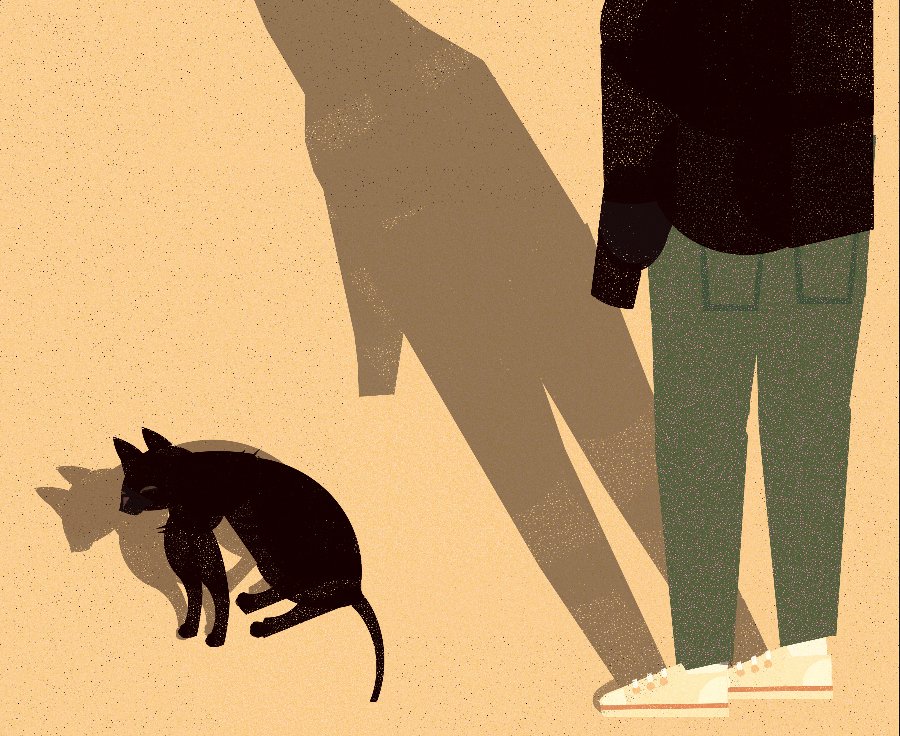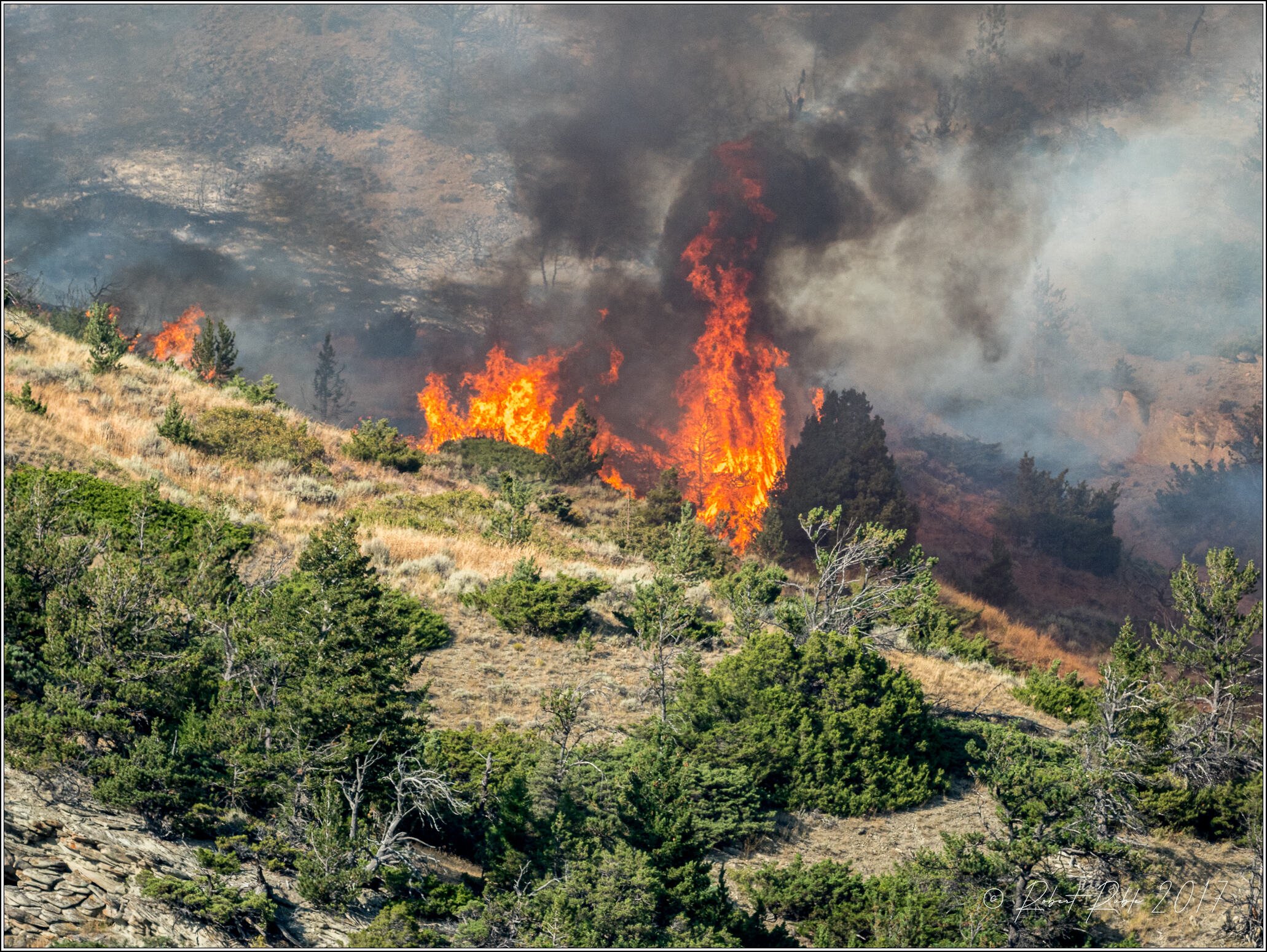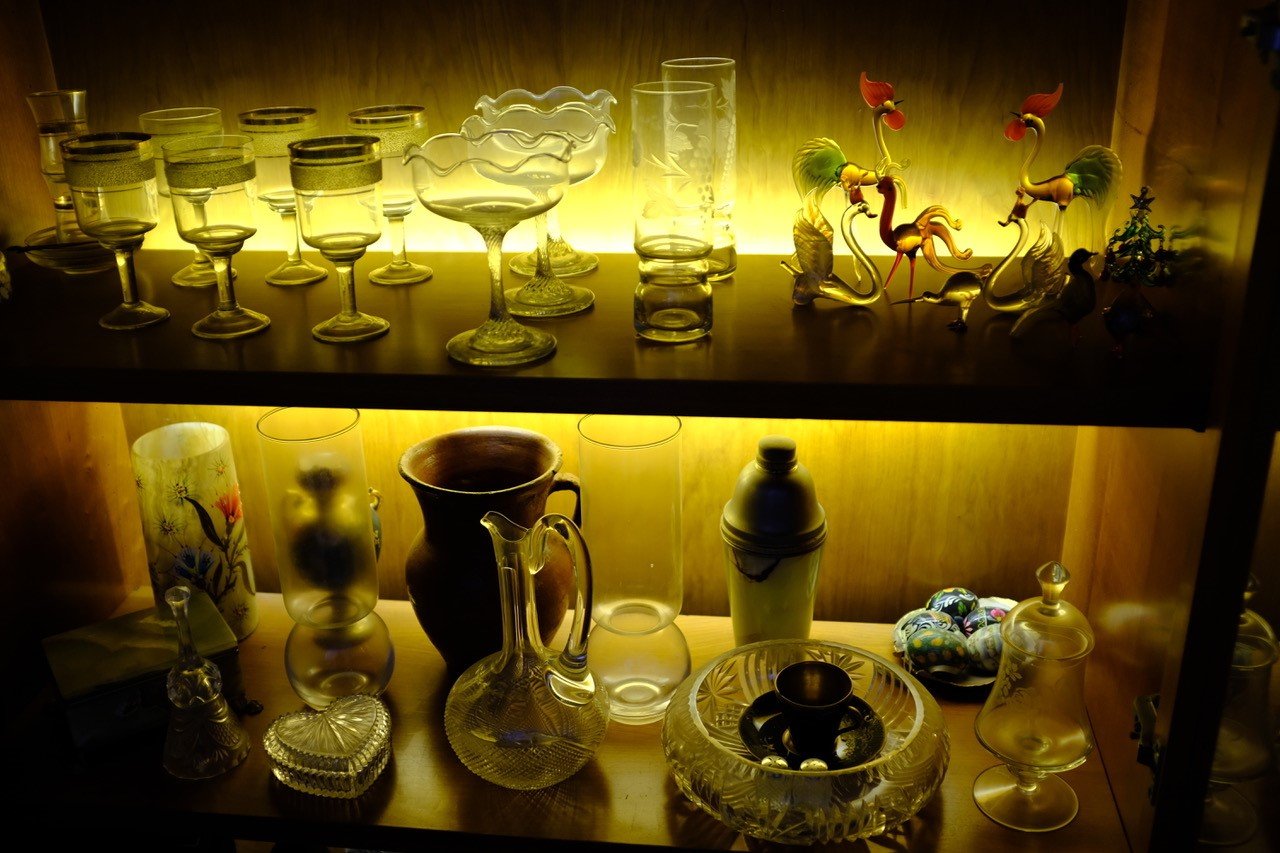Broken
/by Lori Mairs:
Uphill from the chilled dark of the cedars and into the warm light of the desert scape above, it is here on this parapet that the formations of hoodoos begin and end and where the prickly pear cactus grows. In some parts of Woodhaven there's a visual and temperate signature where distinctive bi-zones intersect, where the crossing from one to the other sometimes happens within eight or ten feet. This is one of them.
The air is still cool from a surprising mid-March storm that thrashed down from an angry black sky. Window-rattling booms of thunder, sheets and strips of lightning ripped beyond the width of the horizon with a wall of hail pelting anything unsheltered below it.
I like to walk after big weather. Mostly the walk is driven by curiosity and a pull to witness the affects of a wild that can't be tamed. This part of the dry interior is a desert knoll and the highest point of the trail system inside the fence line. It's a sheer drop, sixty feet or so in some places, to the forest floor. Steep-sloped honeyed-grey grasslands are still flattened from a winter dump of snow. On the forest floor, dirt changes from mottled grey-rust to a thick reddish brown where the bio-zone switches from fir-cottonwood to cedar-cottonwood. The first has sparse and evenly-spaced trees while the latter hangs with a thick canopy darkened above and sheltered underneath. I'm eye-level with the tip-tops of new growth fir and pine and I can see a third the way up gnarly old cottonwood right into the habitat holes. If I stand here long enough the squirrels will show up and put on a Cirque de Soleil show, but today is for seeing what the storm brought in or brought down or brought over and what it left behind.
Where the trail sign marks the junction, I go up along to the old flume where fir branches are broken and scattered on the ground from the wind. I reach down, grab and throw, grab and throw, at least a dozen times, winging the fallen ones into the underbrush. I cross over the big fir root that makes a step on the path then dips under the old flume on the far side. This mess of gnarled tin and wood is all that's left of what was once a water carrier for the apple orchards in the Lower Mission. It's corroded in some parts and the wooden frame that held it up at chest height is mostly on the ground and rotting. In a few places the half-hoops of galvanized steel that braced the whole thing from underneath are lying about and poking through dirt especially where the wooden frame and the metal half-pipe are mostly disintegrated.
Next to this mangled mess of a flume sits the whole story of Father Pandosy, the mission priest who sailed to the “new” world to settle 'untamed' land. Father Pandosy planted food in rows and people in pews. He carved a path for Indian agents and land surveyors who would divide the place into parcels for grazing cattle and growing apples. The good Father and his flock missed the part where the land had no need of taming, the part where the effortless and obvious way in would have been to ask the people already here and thriving. The Syilx people have been in the Okanagan Valley for over ten thousand years, they could have been, and in the earliest times were, in easy partnership with European settlers. Father Pandosy did what new world priests do.
Sometimes this crippled flume is a memento mori to the courage of the settlers and their child-like trust of the vision that inspired long and treacherous walks across barren lands. It was a certain ingenuity required to survive as they were accustomed to surviving. But on days like today, days after a storm and strange unheralded weather, I only have a desire to want to reverse what was done and untangle it from the mess. I want to clean it all up and supplant this settler mentality with a little grace in a world that once was new and make room for the efficacy to ask about how to be in this place from the ones that already knew. A simple task: ask.
My dad picks me up and sits me on the metal edge of the ship's railing. My mother has the baby and my other brothers and sisters are standing below on the wooden deck and waving. We're all waving. My mother, without turning toward him, asks my father if he can see the Hendersons. He finds them in the crowd and points out their position so my mother can wave in their direction. There are coloured streamers going from the boat to the wharf where a crowd has gathered and when the streamers run out the people on the pier throw toilet paper rolls all the way up onto the boat decks. It's a celebration and wall of grief all tucked into the leaving.
Where the metal and wood lie abandoned along the trail, broken and forgotten, are remnants of ice balls scattered about and melted puddle-dregs of a brutal sky-fall that was the storm. Ice balls and puddles, it goes from one to the other and I imagine it will eventually go all the way back up again, after it's saturated the earth. The plants will cast it off into the wind and the wind will deposit it into particles that will carry it to the sky and become cloud again where it will rain or hail next season. These are the cycles that live in the flume.
I find a spot where the moisture has stayed well beyond the drift upward and it's here that moss grows luminescent green and glowing. The moss isn't a sign of the broken; it's a sign of the staying and reaping. There are teensy brown umbrella tops lurching out of cushioned pads, miniature capsules and splash cups all gathered into a Lilliputian garden to be savoured for those who venture to squat for the inspection. We don't get close enough sometimes. I want to see beyond the broken today, find the rich and nutritious in the cycles. Today I want hope and somewhere to pull back the tides and erase what keeps tugging at my midsection.
There's a Maori troupe on deck and they begin to sing “Now Is The Hour” and my mother starts to cry. She is broken. She doesn't want to go on the boat like I do. I can see them both, my mother and my father, because I'm up on the metal railing. I look away and look down. The water below is a long way away and it's black and swirling like a whirlpool. I get scared all of a sudden that my dad is going to forget that he's holding me and if he does I'll drop into the water and be gone forever. I grab at his arm to remind him I'm there and see that he's crying too. A roll of toilet paper whizzes by our heads. The Hendersons have spotted us and they're waving and jumping about to make sure we've seen them in the crowd. The streamers and toilet paper rips and floats away into the whirlpool. The captain comes over the loudspeaker and tells us to cover our ears then the big horn sounds loud and long and low, a final bellow as our ship pulls away into the harbour.
There's always a time after a storm when the little things flourish. The battering of hail has fallen to silence and if my ears were like the deer or bear I'm sure I could hear water being sucked up through the dirt. I move along up the flume until I get to where I can cross over it safely and make my way to a fallen log that's been placed on the hillside for watchers. I come to this spot when I need to have a think. It's mid-March and these are days and nights when I spend time with my mother. Her birthday is March fifteenth, she died March thirteenth.
As of today I've been a motherless daughter for 24 years. Seems like a long time when I think the words but it doesn't mean I can't still smell her. She would have loved this part of my life. She would have loved these days in Woodhaven at the in-between times of the season and she would have been here talking to the trees along with me. It doesn't matter how long ago something was, what matters is how much it mattered. Sometimes what mattered is the thing that purrs softly and cozies into a place in your heart that gets most remembered. Sometimes the most remembered is the unspoken agreements and all the un-saids that find a harbour in my midsection waiting it out for after a hail storm. March bites like that for me. It reminds me of the broken parts.
***
Lori Mairs (1961- 2021) was born in New Zealand and lived most of her life in British Columbia, Canada. From 2002- 2017, she lived in the forest as the caretaker of the Woodhaven Nature Conservancy in Kelowna, British Columbia. She completed her BFA and then an MFA in Interdisciplinary Studies at the University of British Columbia Okanagan. She was a sculptor and installation artist, using natural materials as well as fabric, metal and beeswax in her work. She also participated as a lead artist in several eco art projects in Kelowna. In the last few years of her life, she began writing essays and poetry. In all her work, her primary concerns were the relationships we have with each other as humans and the deep and often reaching relationships humans have with the more-than-human world. For many years she wrote a blog, “The Land of 7:30.” She also practiced as a personal growth consultant until her untimely death. She is greatly missed by her friends, family, clients and fellow artists, as well as the neighbors and other-than-human beings of Woodhaven where she wrote and made art for many years.









